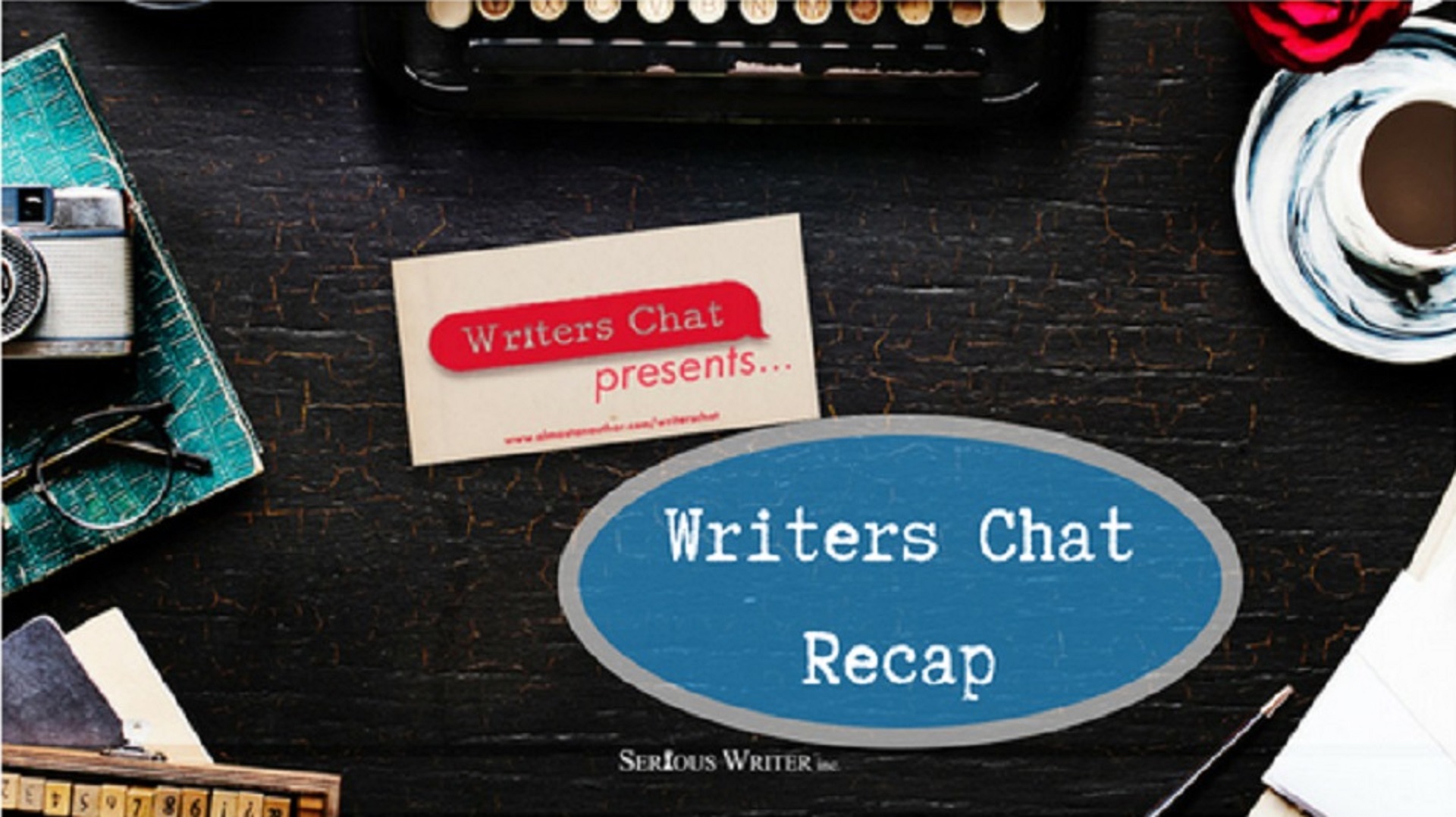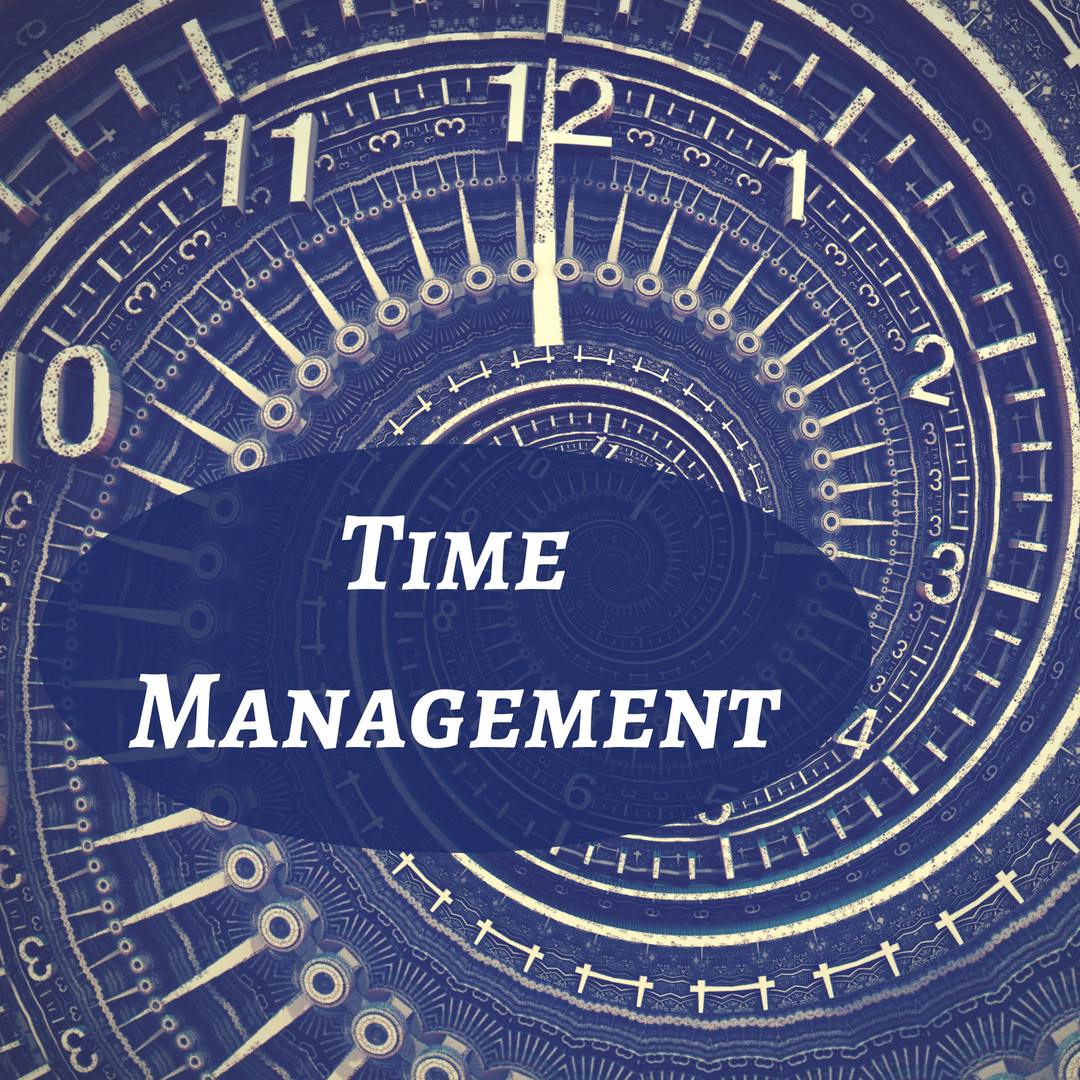
Writers Chat Recap for October Part 2
Writers Chat, hosted by Jean Wise, Johnnie Alexander, and Brandy Brow, is the show where we talk about all…
November 1, 2022
Writers Chat, hosted by Jean Wise, Johnnie Alexander, and Brandy Brow, is the show where we talk about all…
November 1, 2022
As you are reading this, it is December, the last month in the slog that has been 2020. Many…
December 6, 2020
Writers Chat, hosted by Jean Wise, Johnnie Alexander, and Bethany Jett, is the show where we talk about all…
April 30, 2020
If you are a writer, you have probably heard of NaNoWriMo—National Novel Writing Month. Maybe you’ve tried NaNoWriMo in…
November 8, 2019
Writers Chat, hosted by Jean Wise, Johnnie Alexander, and Bethany Jett, is the show where we talk about all…
October 15, 2019
Writers Chat, hosted by Jean Wise, Johnnie Alexander, and Bethany Jett, is the show where we talk about all…
November 15, 2018
As most of us know, this month (November) is known to writers as “NaNoWriMo” or “National Novel Writing Month.”…
November 5, 2018
The writing journey is not a smooth, easy ride. There will be setbacks, failures, doubts, and frustrations along the…
November 8, 2016